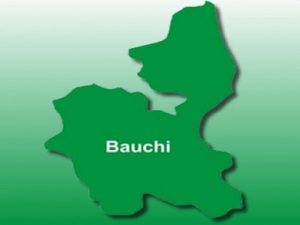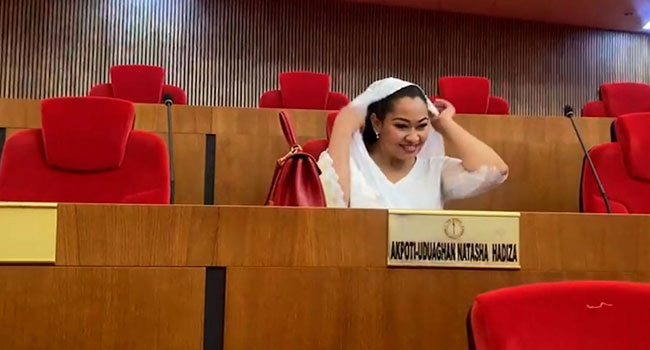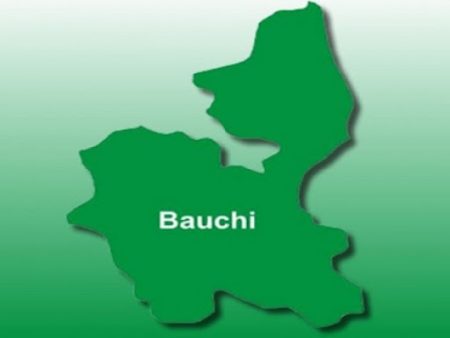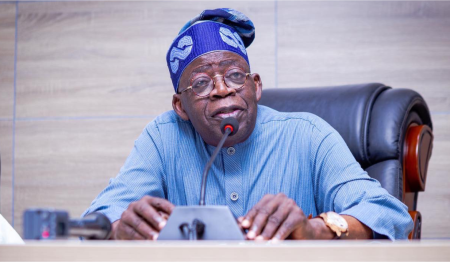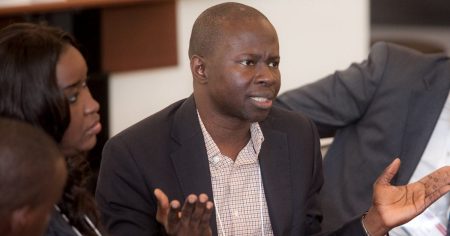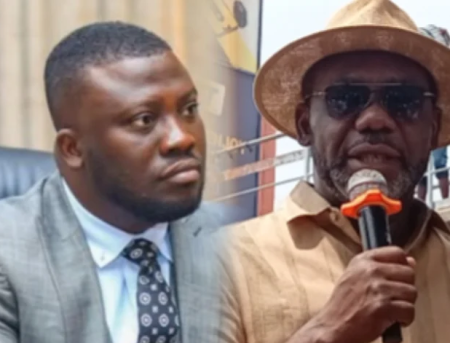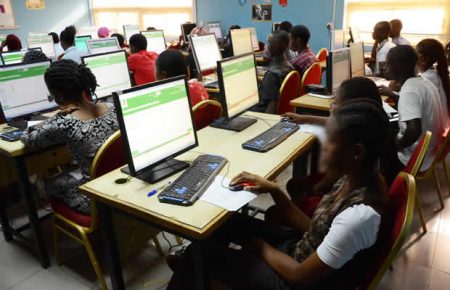Senator Natasha Akpoti-Uduaghan, representing Kogi Central Senatorial District, issued a stern warning to the public on Tuesday, April 25th, 2024, assigning responsibility for any potential attacks against her and her supporters to Senate President Godswill Akpabio, Kogi State Governor Yahaya Bello, and his successor, Ahmed Ododo. This preemptive declaration followed the Kogi State government’s ban on rallies and public gatherings, ostensibly due to security concerns, coinciding with Akpoti-Uduaghan’s planned visit to her constituency for Eid-el-Fitr celebrations and a homecoming rally. The confluence of these events created a tense atmosphere, marked by conflicting narratives and rising anxieties.
Akpoti-Uduaghan’s warning, delivered via a Facebook post, unequivocally placed the onus of responsibility for any violence on the named political figures. She expressed anticipation for peaceful Sallah celebrations but emphasized that if any untoward incidents occurred, Nigerians should hold the aforementioned individuals accountable. Her statement underscored the precarious security situation in the state and highlighted the potential for escalating tensions surrounding her planned visit. This public declaration served as both a preemptive safeguard and a direct challenge to the authorities.
The senator’s planned visit, scheduled to coincide with the Eid-el-Fitr holiday, became a focal point of contention. Despite the state government’s ban on rallies and public gatherings, Akpoti-Uduaghan remained resolute in her intention to proceed with her visit and the planned homecoming rally. She urged her supporters to disregard rumors of cancellation, emphasizing her statutory duty as their representative. This unwavering stance reflected a commitment to her constituents and a defiance of the government’s restrictions.
The Kogi State government’s ban on rallies and public gatherings, announced on Monday, April 24th, 2024, cited security reports as the rationale for the restriction. The ban encompassed not only political events but also other activities such as fishing, which, according to the government, had resulted in fatalities in several areas within the state. Information Commissioner Kingsley Fanwo justified the ban as a preventative measure against potential security breaches. However, the timing of the ban, just prior to Akpoti-Uduaghan’s planned visit, fueled speculation regarding its true motivation.
Adding another layer to the unfolding events, the Kogi Police Command echoed the state government’s stance, urging Akpoti-Uduaghan to cancel her planned rally. Commissioner of Police Miller Dantawaye asserted that the gathering contravened the newly imposed ban on political gatherings. This intervention from law enforcement further amplified the pressure on the senator and intensified the already tense atmosphere. The combined efforts of the state government and the police to discourage the rally served to underline the significance of the event and its potential consequences.
Despite the mounting pressure and official discouragements, Akpoti-Uduaghan’s supporters remained steadfast in their preparations for her homecoming. Videos circulating on social media depicted hundreds of supporters, predominantly women, gathered in anticipation of her arrival. These images served as a powerful testament to the senator’s popularity and the resolute spirit of her constituents. Senator Bashir Haroon’s live feed further corroborated the significant turnout, showcasing the groundswell of support for Akpoti-Uduaghan despite the looming threat of potential conflict. The stage was set for a confrontation between the senator, her supporters, and the authorities, with the potential for escalating tensions and unpredictable outcomes. The events foreshadowed a potential clash between the right to assembly and the government’s imperative to maintain order, a recurring theme in the complex dynamics of political life.


